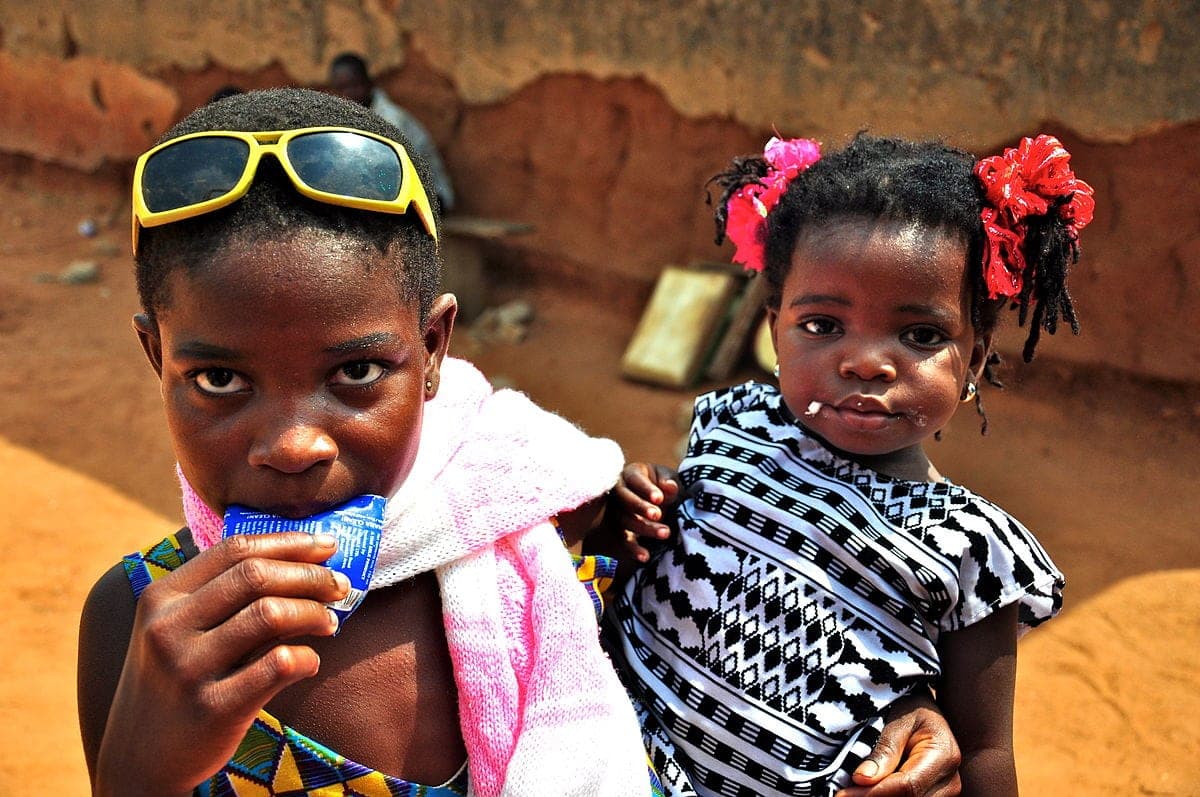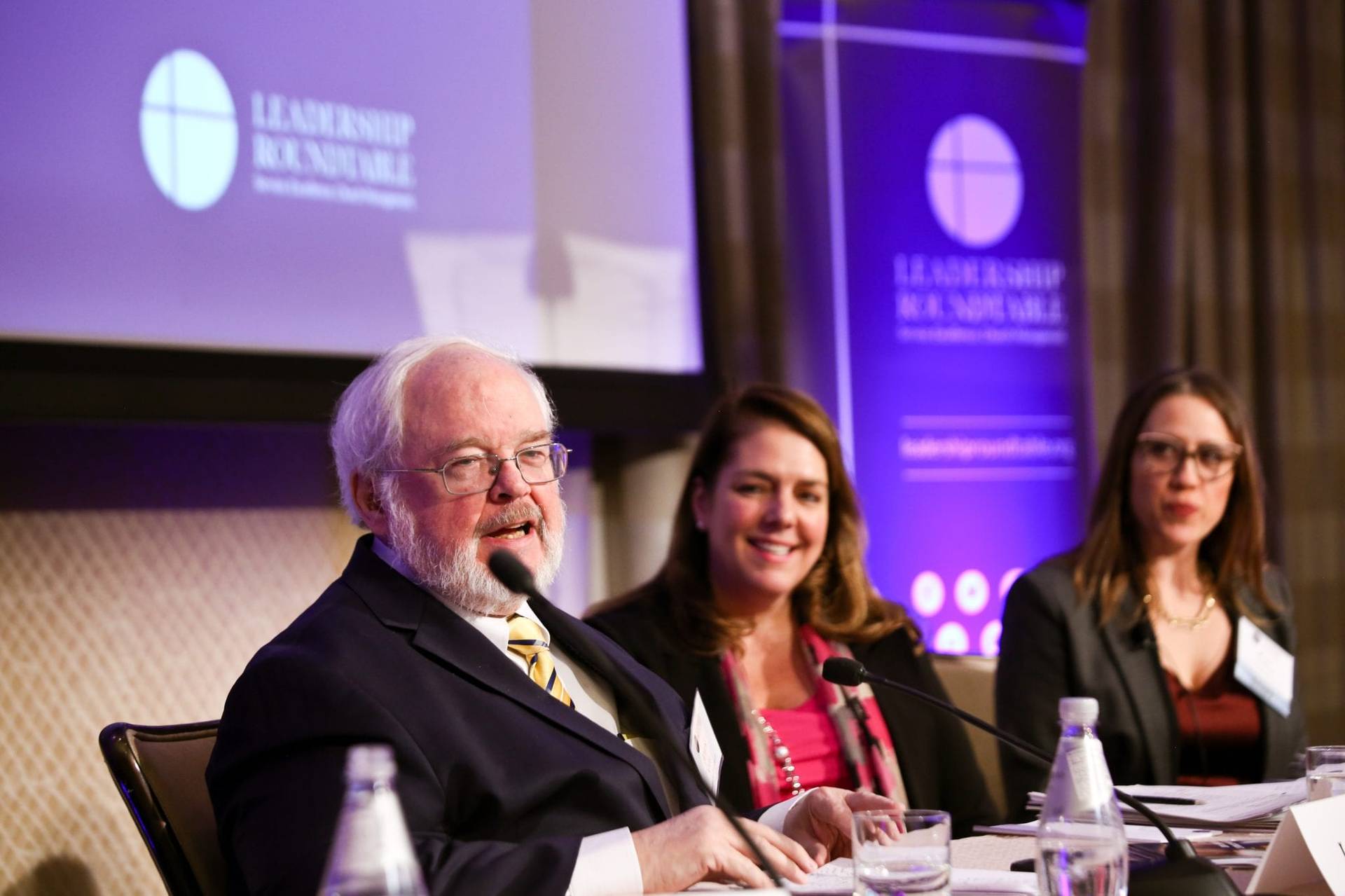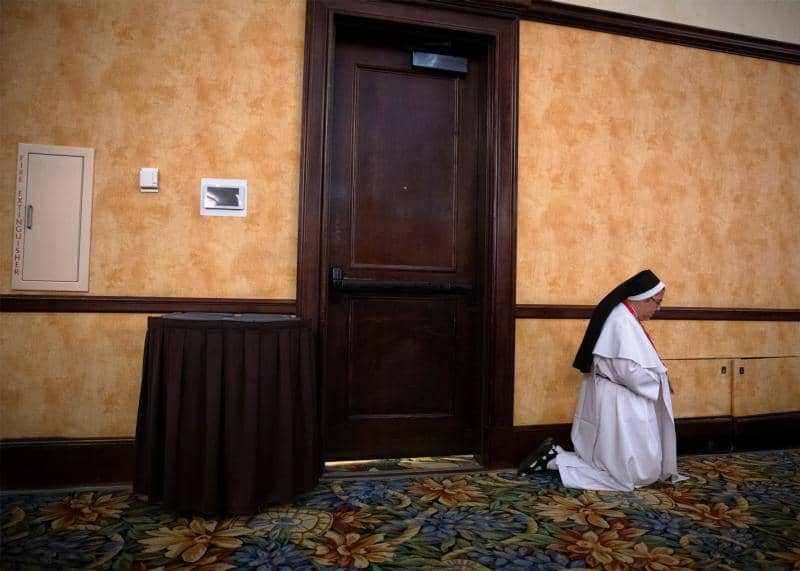ROME – Africa is often where Western preconceptions go to die, so perhaps this irony really shouldn’t be all that surprising: Archbishop Philip Neehman from Tamale, Ghana, has become a pioneer in child protection, despite the fact that he said the sexual abuse of minors is not really a pressing issue in his backyard.
Most prelates in his region, he said, are unanimous in their belief that sexual abuse is not as widespread as it is in the West, since other forms of child abuse are more common. However, Neehman said, they still want to defuse the bomb before it goes off.
“Issues such as child abuse as it happens in Europe or America are not really that much of an issue [here],” Neehman said in a phone interview with Crux.
“In general, there is a kind of agreement on that. We have other problems to battle with,” he said. He conceded that sexual abuse still happens, but insisted it’s not on the same scale as in the West “because children are generally looked at as a great gift from God.”
In Ghana, and on the African continent as a whole, other forms of abuse are more common, he said, such as physical and emotional abuse, with young children often forced to carry out demanding tasks they are not yet mature enough to do.
With regard to child sexual abuse, “it is very, very, very minimal,” he said, but stressed that even though common belief is that it happens on a small scale, “we’re trying to get ahead of it.”
Neehman is one of 190 people present in Rome for a Feb. 21-24 Vatican summit on the protection of minors in the Church, including heads of all bishops’ conferences worldwide, superiors of major religious orders, representatives from Eastern Catholic Churches, and survivors. He will deliver a sermon during a penitential liturgy Saturday.
Of all the prelates in attendance, Africa has the broadest representation, with some 36 bishops participating, followed by 32 from Europe, 24 from the Americas, 18 from Asia and just four from Oceania. There will be 14 heads of Eastern Catholic Churches.
Back home, Neehman has already enacted various safeguarding initiatives.
As part of a diocesan-wide prevention program, all teachers and those in charge of Catholic schools are required to sign a compliance form with safeguarding measures, and once a year they receive a workshop on child protection.
Neehman also requires all seminarians in his archdiocese to enroll in an online course on child protection offered by the Center for Child Protection at the Pontifical Gregorian University in Rome.
The reason, he said, is “so that by the time they are ordained priests, they are already sensible and knowledgeable about the dangers of abuse, and therefore they will be educators.”
On an interreligious level, 84 percent of Neehman’s archdiocese practices Islam. As a result, he said, dialogue emphasizes the need to respect children’s dignity.
“In that way,” he said, “we are also able to solicit cooperation from Muslims in terms of the need to protect children as they grow up.”
In addition to the programs offered in schools, each of the committees and commissions are required to study the archdiocesan child protection policy, which is based on best practices from all over the world and which was drafted with the help of bishops who have studied in both Europe and the United States, with more exposure to updated standards and procedures.
After the U.S. bishops published their 2002 Dallas charter on child protection, Neehman said two representatives came to Tamale to offer workshops on how to recognize abuse and how and where to report it.
“We make sure that no one has an excuse to say that in the diocese where I work, there was no child protection policy,” he said, adding that the archdiocese revises the policy every other year after getting input from newcomers.
Neehman said he has taken tips from bishops in countries where the problem of child clerical sexual abuse is more “acute” and committed to enforcing these policies and procedures. Yet he said some in his region “are still a bit resistant to talking about it.”
“The general attitude is one of, I won’t say denial, but it’s like it doesn’t exist,” he said, adding that there are a few known cases, “and we don’t want it to reach that level before we start talking about it,” so they focus on education.
Speaking of the summit, Neehman said he is happy to come but thinks the discussion would have been more productive had the bishops attending been able to organize regional meetings beforehand.
“We are coming together at the pope’s request, and maybe he has specific demands he wants to make of us,” he said, but admitted that many of his fellow African prelates “don’t think that it is going to be profitable because we have not prepared at the regional level.”
“It would have been a little more enriching, just coming together on a continental level,” he said, noting that despite the fact that African prelates represent the majority of bishops present, there will be no specific “African contribution” to the summit.
However, Neehman said they are eager to hear what Francis has to say.
“We come with an open mind,” he said, “and whatever is profitable to do we’ll look at for the future.”














